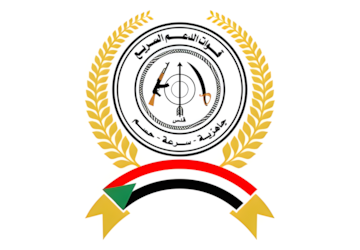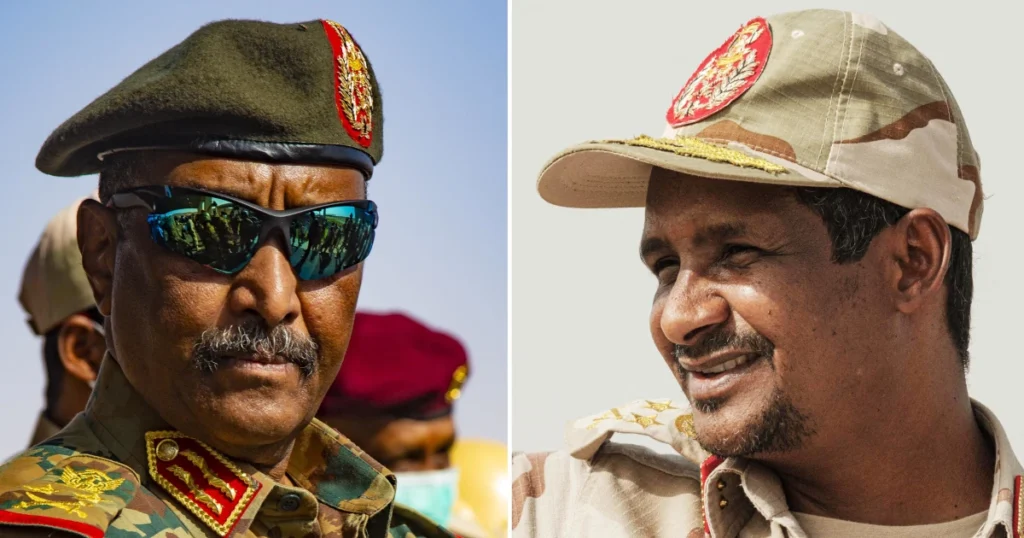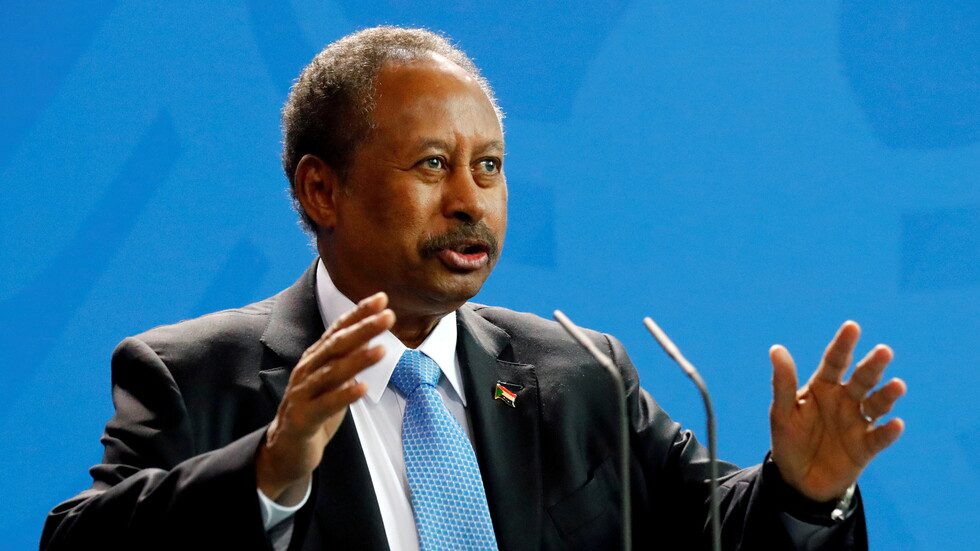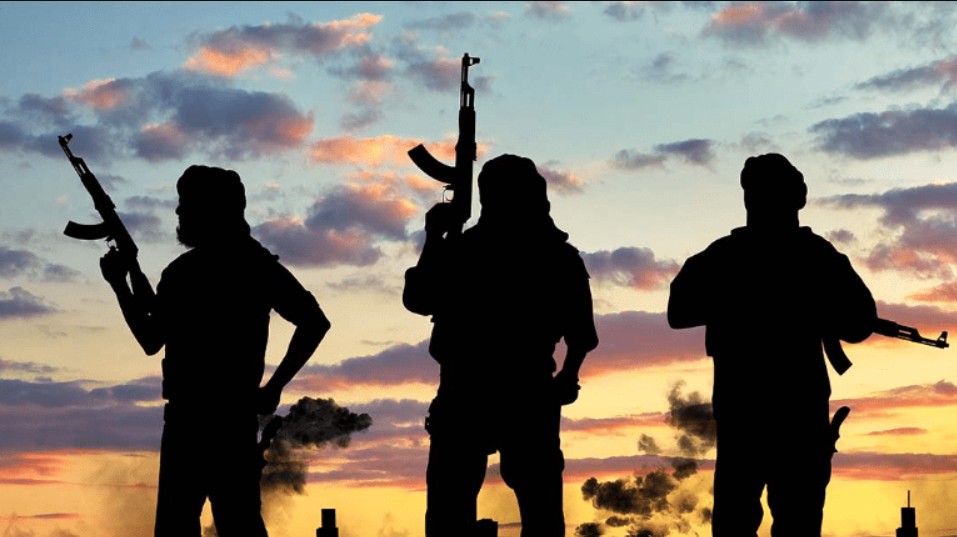
Uncertainty hangs over a proposed meeting this week between Sudan’s warring factions, with conflicting reports swirling about its feasibility and timing. The Intergovernmental Authority on Development (IGAD) has extended an invitation to Army Commander Abdel Fattah al-Burhan and Rapid Support Forces (RSF) chief Mohamed Hamdan Dagalo Hemetti to discuss a ceasefire and restart humanitarian aid deliveries.
However, doubts cloud the immediate prospects of the encounter. A senior Sudanese Foreign Ministry official cast doubt on its practicality, stating that logistics for the direct talks remain unsettled. This contradicts earlier claims by Al-Sharq Channel that a December 28th meeting in Djibouti was confirmed.
Meanwhile, pressure mounts from various quarters for the belligerents to come to the table. Former Prime Minister Abdullah Hamdok has urged an urgent meeting, while regional and international actors, including the United States, have intensified calls for dialogue.
Sources close to the matter suggest the Djibouti meeting will indeed take place on December 28th. Dissonance in reports is attributed to a lack of communication between IGAD and the Sudanese Foreign Ministry.
Hemetti, in a Tuesday statement, expressed his willingness to participate and find a peaceful solution. He welcomed “every national effort that brings peace and ends the suffering caused by war.”
The Forces for Freedom and Change (FFC) see the IGAD-facilitated meeting as a potential path towards a ceasefire. Recognizing the internal pressures and stalemated conflict, FFC leader Shihab al-Tayeb believes these factors, coupled with international pressure, could incentivize a truce. However, he stressed the need to isolate and limit the role of leaders and their affiliates fueling the conflict for lasting peace.
Sharif Mohamed Osman, of the Sudanese Congress Party, emphasizes the meeting’s criticality in halting hostilities, delivering aid, and creating safe havens for displaced people. He views it as a stepping stone towards meaningful dialogue to address the conflict’s root causes and establish a unified, professional national army that protects, not threatens, the people.
The fate of Sudan’s fragile peace hangs in the balance as the IGAD meeting approaches. Whether it paves the way for a ceasefire and a path towards a lasting solution remains to be seen. However, the mounting pressure and expressions of willingness from key players offer a glimmer of hope for a conflict-stricken nation.




